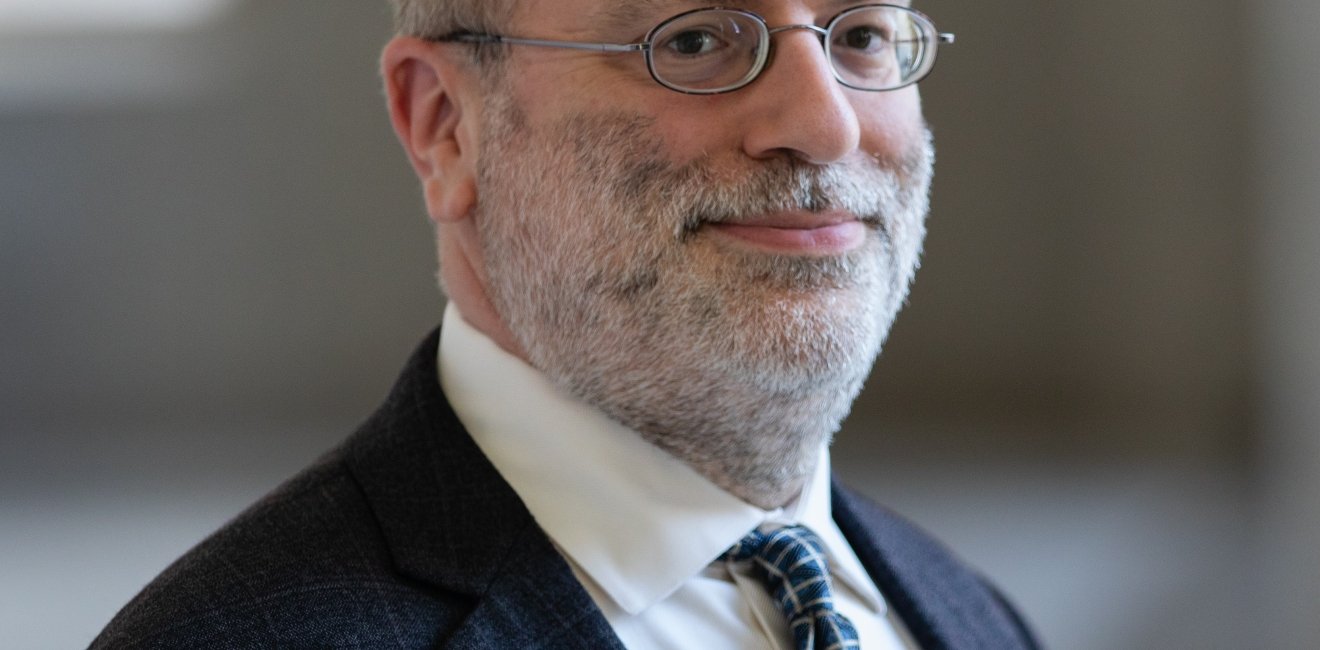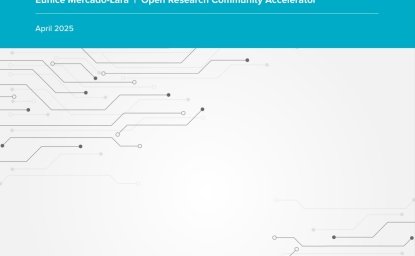
Michael Gordin is currently a Wilson Center Fellow affiliated with the Kennan Institute. His research focuses on the history of science and technology following the collapse of the USSR and its global implications for the field.
Q: Describe your background and what brought you to the Wilson Center.
I’m a historian of science. I started out interested in the history of physical sciences, and simultaneously interested in the history of Russia. I’ve often tried to make these two things come together. Over time I’ve developed expertise in the history of Russian science, and I’ve become more and more interested in recent events that have policy implications. The way I came into that was through the history of nuclear weapons, especially the earlier nuclear age with Soviet and American espionage and intelligence operations. In turn, that drew me to the set of questions that made me think of applying to the Wilson Center and to be in this particular environment. I’m excited to be here because of the sheer amount of Russia expertise and, indeed, of science policy expertise.
Like many historians of science, I thought I was originally going to be a scientist – I planned to be a physicist – and very early on in college I decided that what actually interested me about science was not solving problems related to present work, but the big questions that had animated people in the past and got me excited about the science in the first place. I happened to be at an institution where history of science was offered – it’s usually a boutique field that one doesn’t see very often. What got me interested in Russia initially were the great nineteenth-century novels – I wanted to know more about the place that had produced that kind of work. I knew a lot about Russian political and social history before I knew anything about the history of its science. As I had been fascinated by the country since high school, I decided to focus my history of science research on Russia which, as part of the USSR, was therefore part of a massive scientific enterprise.
Q: What project are you working on at the Center?
My project is a history of what happens to science, not just in Russia but globally, after the collapse of the Soviet Union. When the Soviet Union starts to disintegrate – let’s say in 1989 – it has the largest scientific and technical infrastructure of any country in the world: the most scientists and engineers under employment, the largest number of institutions – by any metric. Within ten or fifteen years it’s operating at under 50% of that capacity and, in many cases, radically less than that. The aim of the project is to chronicle this transformation, the dismantling – sometimes conscious, sometimes unconscious – of an extremely robust and large scientific apparatus. There were many analyses of this process at the time it was happening by political scientists and science policy researchers. Historians today have shied away from looking at the period immediately after the USSR’s collapse even though that period is, now, almost thirty years ago.
Ideally, the project will look at three geographic areas. Firstly, the former Soviet states. I’m especially interested in how the scientific infrastructures were dismantled. Roughly 60% of the USSR’s scientific infrastructure went to Russia because it was highly concentrated around Moscow, Leningrad, and Novosibirsk. All of the other republics had Academies of Sciences – Russia, quite famously, did not until a month before the collapse of the Soviet Union, when the Academy of Sciences of the Soviet Union was subsumed into Russia by Yeltsin. Secondly, the Communist countries: Czechoslovakia, Poland, Bulgaria etc. and, to some degree, also Cuba and North Korea. China is a trickier case because of the Sino-Soviet split, but the structure of Chinese science was and still is similar to the Soviet model. Thirdly, the rest of the world: for example, it’s clear that – in Israel, for example – a large number of scientists and engineers arrive. Some universities which had been marginal there became substantially stronger because of this influx. I want to look at how these kinds of influxes changed the character of science in these destination countries. The story would have to start at least around the Chernobyl accident in 1986 because the emigration begins with Perestroika especially among Jews. It would then likely extend to the reforms of the Academy of Science culminating in 2017.
Q: How did you become interested in your current research topic?
I was interested in this topic because it is a very big story – one of the largest events that happened to global science in the last fifty years, and it’s one to which many people who watch science don’t pay a great deal of attention anymore. If you are following global scientific developments today, Russia doesn’t show up very much and, as a result, people don’t consider why this might be the case whereas, fifty years ago, it was a country that was watched very closely.
One of the most significant phenomena that should be studied is the massive brain drain – the people who leave the Soviet Union which, by some estimations and metrics, was up to 70% of the scientific work force, some of whom emigrate or more commonly just go into business or other nonscientific activities in order to earn money, especially during the severe economic depression of 1992-1994. The effect of the brain drain was enormous, not only within the Soviet Union but also abroad – for example in the U.S., Germany, and Israel – where many of the scientists settled. While Russian science shrunk a great deal in this period, global science became much more Russian than it had ever been because Russians are integrated into the scientific world structure in a way that had not been true during the Cold War period, when there were rival scientific systems.
Q: Why do you believe that your research matters to a wider audience?
One of the things that triggered my interest in this project was Brexit. This was because the effect of Brexit will be a partial delinking of the United Kingdom from the global scientific network in terms of funding, visas, and it is possible that this will have extremely destructive effects on the scientific enterprise. Contemporary developments in the United States also have that potential. Understanding the Soviet case better which, in many ways, was as catastrophic as one could imagine, would help give some context into how scientific systems are at once so fragile yet so robust. The Soviet example prompts us to think about how we should adapt our scientific systems to a changing world: as governments start to restrict mobility and borders, for example, how would this effect the exchange of scientific knowledge?
Q: What is the most challenging aspect of your research?
It’s a challenging project to do as an historian because of the difficulty in accessing documents from this period. Even if the material is no longer classified, much of it is still restricted and unavailable for use. So a lot of it will have to be done with interviews or done externally. The National Academy of Sciences in the United States and the Department of Energy were actually quite concerned about the USSR scientific disintegration because of its destabilizing effects. Initiatives supporting Soviet scientists were often undertaken by the United States, or by private foundations such the Soros and McArthur foundations.
The scale is even more challenging than the lack of access to archives, both in terms of human numbers and geography. I will also face linguistic challenges. I can manage most, but not all, of the languages I need, so I’m trying to decide now which of the former Soviet republics are the most interesting to look at for an in-depth study.
Q: What do you hope the impact of your research will be?
First of all, I hope that my research will make people aware of what happened in the scientific field because of the USSR’s collapse. The people who emigrated, and the remaining scientific community in Russia are very aware of what happened, but the broader public does not quite realize the scale of the transformation, nor the extent of the efforts made to mitigate its impact. Also, I would like a more open conversation about science policy, and an understanding that this is not something that countries should just decide for themselves because actions and events in one country can have a significant impact beyond its own borders.





